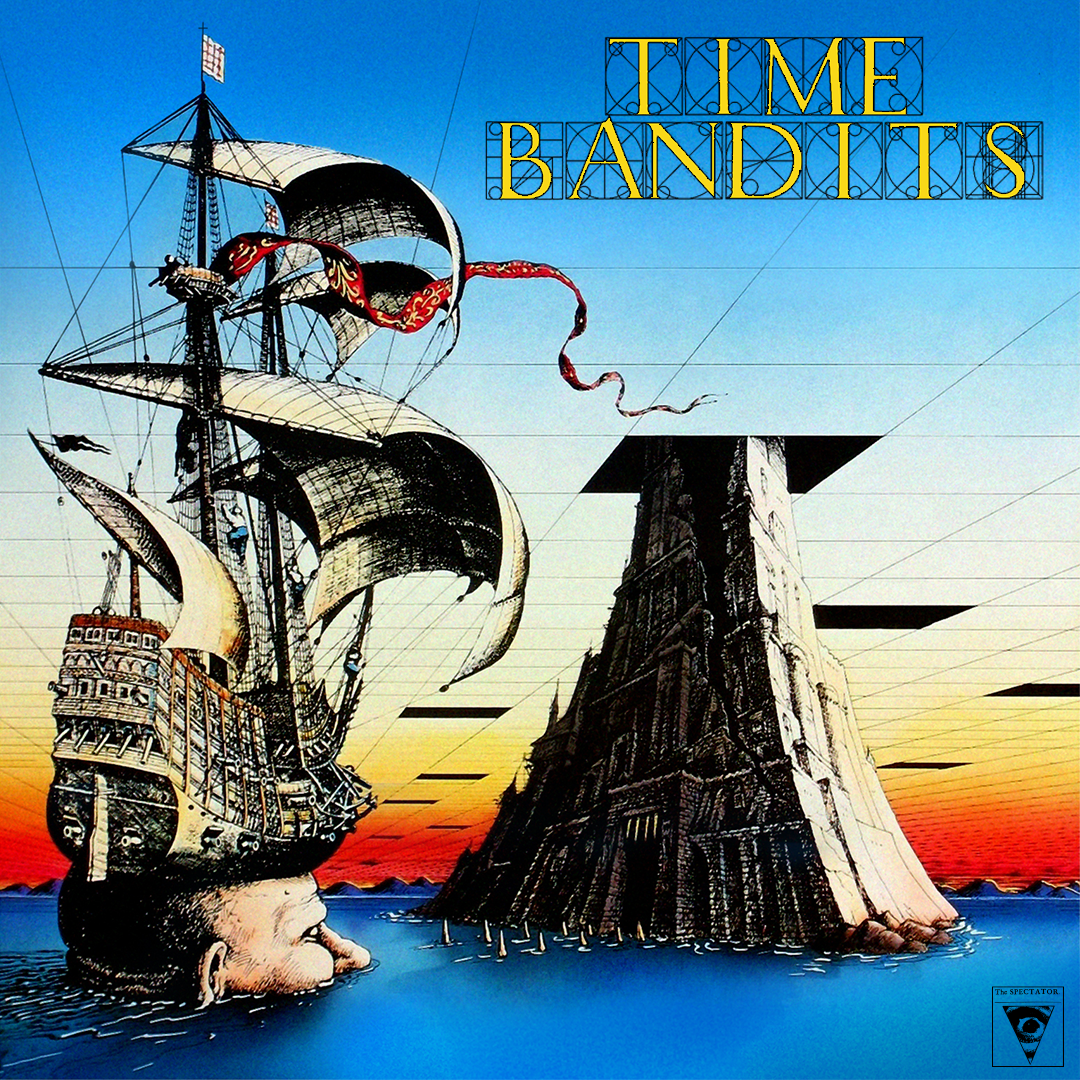This week on The Spectator Film Podcast... Ministry of Fear (1944) 12.20.18 Featuring: Austin, Maxx Commentary begins at 24:00
“To define a concept I will discuss in detail, The Destiny-machine determines the environment in which Lang’s characters struggle, serving in most cases as an obstacle. This corresponds in many ways to the theme of fate or destiny…which has become such a cliché of Lang criticism that recent commentators have tended to treat it with scorn.” (10)
“The point is that for Lang destiny is not a metaphysical concept (and actually not a fight against the gods) but a material one, less a meaning than a structure. Destiny appears in Lang’s films, not as a philosophy, but as a machine, whose mechanical nature in most of the films remains very literal. This is not to say that Lang’s films are about a Luddite struggle against machines (although Metropolis does dramatize such a revolt). The machine in Lang does stand for something beyond itself. But, rather than a metaphor for a view of human nature or metaphysics, the machine is a metonymy, a fragment which stands for the whole systemic nature of the modern world which Lang sees as a complex determining destiny” (10).
“…[Lang's] plots trace the attempts by different characters to control or at least work in concert with a system that operates separately from their desires and according to its own mechanical logic. Lang stages again and again the varying relations characters can have with this system which I term the Destiny-machine” (16).
“This struggle with a systematic order often becomes staged as a battle to control the narrative structure of the film itself, as if the attempt of these characters to seize control of the Destiny-machine mimicked the power of the director over the film. Lang at points seems to confuse the clear separation between diegetic story and action and extra-diegetic style, as characters seem to assert control over the visual devices of the film itself, especially its editing” (16).
“The clock provides the suspense of the story, the sense of the need for immediate escape…The turning hands of the clock (…Lang said the clock ‘moved and moved and moved’), its relentless motion stressing Lang’s immobility, stuck in Goebbels’ office. But the clock also relates Lang to the world outside this office, a network of clock-determined deadlines – the banks which will close, the train schedules which could take him out of Germany. The clock hands tick towards ‘the last moment you can be sure of getting out of Germany’” (10).
“The subjection that the character Fritz Lang feels to the clock inside Minister Goebbels’ window inscribes his place within a system he cannot control. Lang does not describe his dilemma simply in terms of his fear of Goebbels’ power and tyranny. His dramatic agony comes from the possibility that he might not be able to make it in time, get to the bank, get his money, make his train – and from the second-by-second frustration of his intentions” (15).
"The question becomes not which is more powerful, an individual’s will or the decree of the gods, but rather who is in control of a system by which events are interrelated and characters’ destinies become interlocked, who can make use of its order and power and who will be crushed by it? Will Lang be able to leave the office and carry out his plans by making the connections the system of train schedules and banking hours allows? Or will Goebbels seem to work in concert with the clock…and frustrate Lang’s intentions?” (16)
“He balances his exposition of the Destiny-machine with another device, equally important to his narrative style: moments of revelation, visionary moments in which characters must read reality in a different manner than they did previously. The revelations offered by these visionary moments also provide the film’s viewer with a deeper insight into the dynamics of the film in the form of visual emblems which the viewer, as well as the character, must interpret” (16).
“Visionary moments are granted to many of Lang’s characters, and they mark and motivate turning points in the plots. For the most part, these are moments when a character sees through the surface of things and gains a vision of the Destiny-machine pulsing beneath… These images do not simply visualize a hallucination or fantasy. In Lang’s films, they trigger a moment of realisation and interpretation, a reading of signs, in which the true mechanism controlling reality is perceived by a character. These readings contradict the ordinary view of things and astonish the characters who experience them. Most often the characters become alienated from their previous sense of existence through these visions” (22).

This week on The Spectator Film Podcast… Home Alone (1990) || 6/4/21 Featuring: Austin, Maxx Commentary track begins at 5:31 — Notes — [Notes...

This week on The Spectator Film Podcast… From Dusk Till Dawn (1996) || 4/23/21 Featuring: Austin, Maxx Commentary track begins at 8:03 — Listener...

This week on The Spectator Film Podcast... Time Bandits (1981) 4.24.20 Featuring: Austin, Maxx Commentary track begins at 15:44 --- Notes --- We watched...